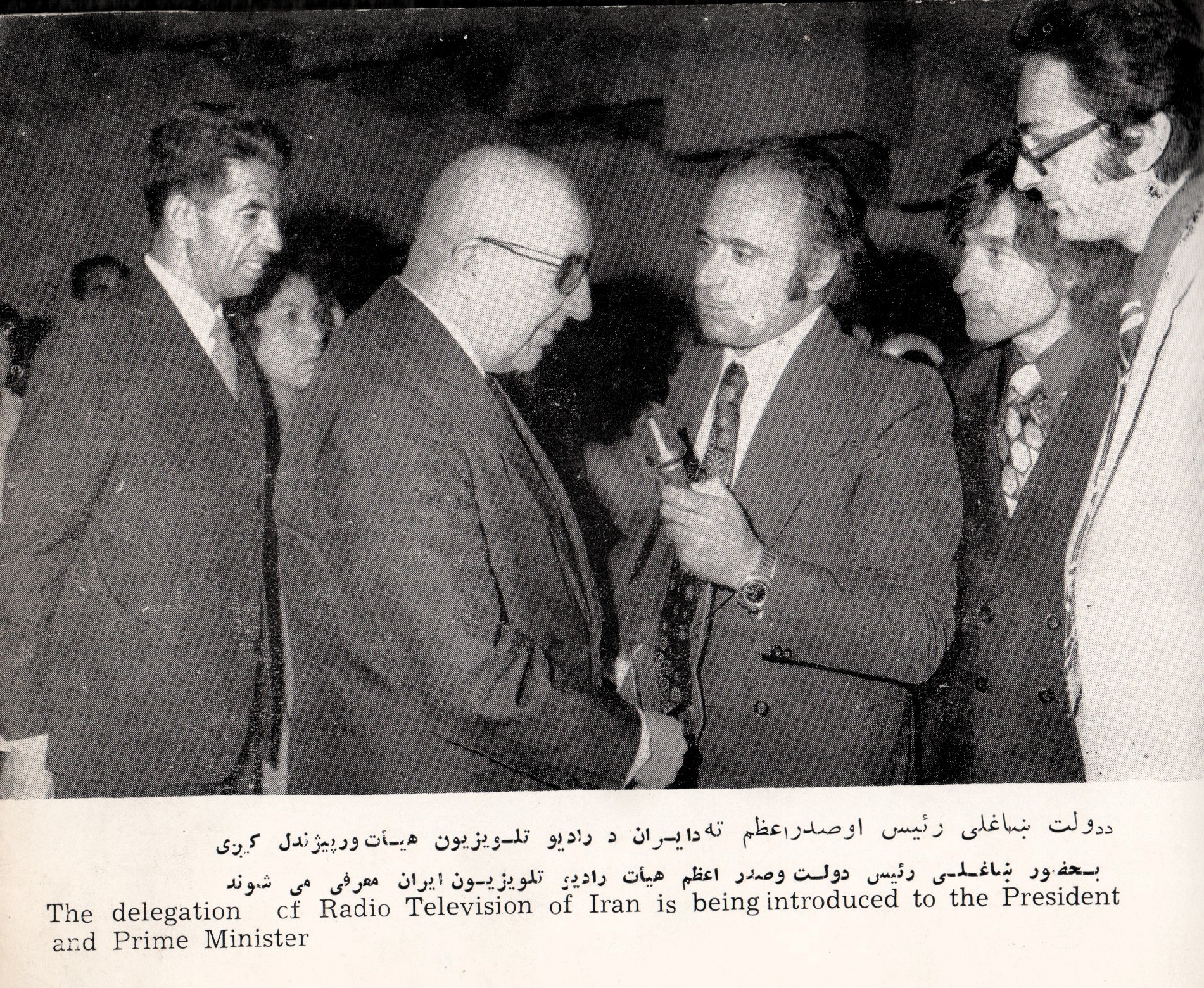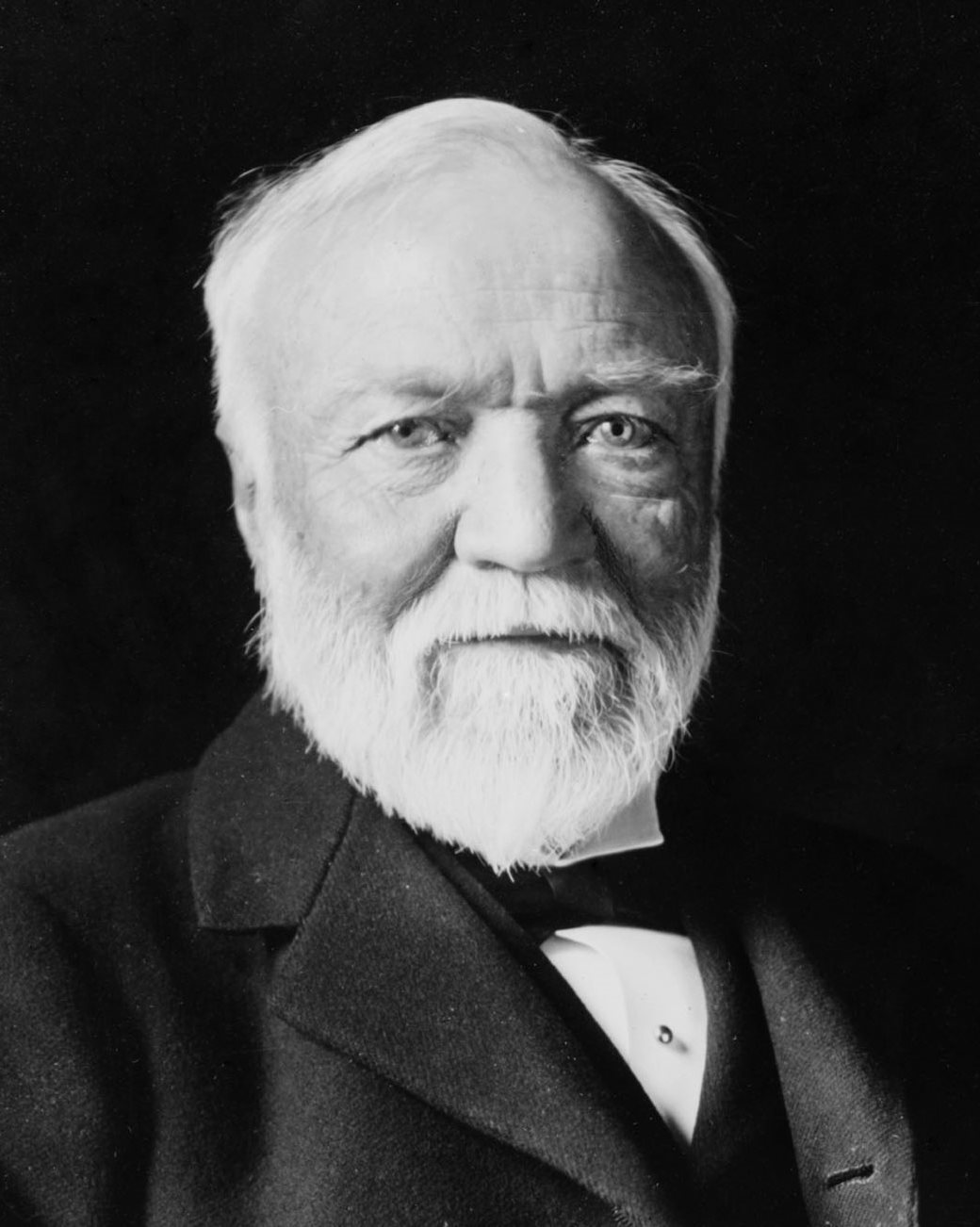|
Jamiat-e Islami
Jamayat-E-Islami (also rendered as Jamiat-e-Islami and Jamiati Islami; fa, جمعیت اسلامی افغانستان, lit=Islamic Society), sometimes shortened to Jamiat, is a predominantly Tajik political party in Afghanistan. It was originally formed as a student political society at Kabul University. It has a communitarian ideology based on Islamic law. During the Soviet–Afghan War and the following Afghan Civil War against the communist government, Jamiat-e Islami was one of the most powerful of the Afghan mujahideen groups. Burhanuddin Rabbani led the party (including its predecessors) from 1968 to 2011, and served as President of the Islamic State of Afghanistan from 1992 to 2001, on exile from 1996. History Early years Jamiat "emerged" in 1972 from among "the informal Islamist groupings that had existed since the 1960s". Led by Burhanuddin Rabbani, a professor of Islamic theology at Kabul University, it was inspired by Abul A'la Maududi and his Jamaat-e-I ... [...More Info...] [...Related Items...] OR: [Wikipedia] [Google] [Baidu] |
Salahuddin Rabbani
Salāhuddīn Rabbānī ( Persian/Pashto: ; born 10 May 1971) is an Afghan diplomat and politician who was the Minister of Foreign Affairs of Afghanistan from February 2015 to October 2019. He was the Afghan ambassador to Turkey from 2011 to 2012. In April 2012, it was announced that he was to chair the Afghan High Peace Council in its negotiations with the Taliban. Early life Salahuddin Rabbani was born on 10 May 1971 in Kabul, Afghanistan. Salahuddin's father was former Afghan High Peace Council chairman and Afghan President Burhanuddin Rabbani. His father was assassinated by a suicide bomber entering his home in 2011."Murdered Afghan talks head Rabbani replaced by son" |
Soviet–Afghan War
The Soviet–Afghan War was a protracted armed conflict fought in the Democratic Republic of Afghanistan from 1979 to 1989. It saw extensive fighting between the Soviet Union and the Afghan mujahideen (alongside smaller groups of anti-Soviet Maoism, Maoists) after the former militarily intervened in, or launched an invasion of, Afghanistan to support the local pro-Soviet government that had been installed during Operation Storm-333. Most combat operations against the mujahideen took place in the Afghan countryside, as the country's urbanized areas were entirely under Soviet control. While the mujahideen were backed by various countries and organizations, the majority of their support came from Pakistan, Saudi Arabia, the United States, the United Kingdom, China, and Iran; the American pro-mujahideen stance coincided with a sharp increase in bilateral hostilities with the Soviets during the Cold War (1979–1985), Cold War. The conflict led to the deaths of between 562,000 and ... [...More Info...] [...Related Items...] OR: [Wikipedia] [Google] [Baidu] |
Ismail Khan
Mohammad Ismail Khan (Dari/Pashto: محمد اسماعیل خان) (born 1946) is an Afghan former politician who served as Minister of Energy and Water from 2005 to 2013 and before that served as the governor of Herat Province. Originally a captain in the national army, he is widely known as a former warlord as he controlled a large mujahideen force, mainly his fellow Tajiks from western Afghanistan, during the Soviet–Afghan War. His reputation gained him the nickname ''Lion of Herat''. Ismail Khan was a key member of the now exiled political party Jamiat-e Islami and of the now defunct United National Front party. In 2021, Ismail Khan returned to arms to help defend Herat from the Taliban's offensive, which he and the Afghan Army lost. He was then captured by the Taliban forces and then reportedly fled to Iran on 16 August 2021. Early years and rise to power Khan was born in or about 1946 in the Shindand District of Herat Province in Afghanistan. His family is from the Chah ... [...More Info...] [...Related Items...] OR: [Wikipedia] [Google] [Baidu] |
Ahmad Shah Massoud
) , branch = Jamiat-e Islami / Shura-e Nazar Afghan Armed Forces United Islamic Front , serviceyears = 1975–2001 , rank = General , unit = , commands = Mujahideen commander during the Soviet–Afghan WarCommander of the United Islamic Front , battles = , awards = National Hero of Afghanistan Order of Ismoili Somoni , relations = , laterwork = Ahmad Shah Massoud ( Dari/ Pashto: , ; September 2, 1953September 9, 2001) was an Afghan politician and military commander. He was a powerful guerrilla commander during the resistance against the Soviet occupation between 1979 and 1989. In the 1990s, he led the government's military wing against rival militias; after the Taliban takeover, he was the leading opposition commander against their regime until his assassination in 2001. Massoud came from an ethnic Tajik, Sunni Muslim background in the Panjshir Valley of Northern Afghanistan. He began studying engineering ... [...More Info...] [...Related Items...] OR: [Wikipedia] [Google] [Baidu] |
Ustad Zabihullah
Ustād or ostād (abbreviated as Ust., Ut. or Ud.; from Persian ) is an honorific title used in West Asia, North Africa, South Asia and Southeast Asia. It is used in various languages such as Persian, , Azerbaijani, Urdu, Hindi, Bengali, Marathi, Dhivehi, Punjabi, Pashto, Turkish, Indonesian, Malay and Kurdish. Etymology The Persian word () is from Middle Persian (, 'master, craftsman'). Usage The title precedes the name and was historically usually used for well-regarded teachers and artists. It can be used for any sort of master of an art or occupation; for example, an acknowledged master motorcycle mechanic would be addressed as ''ustad''. The term is also used by an apprentice (''shagird'') for their teacher. In Persian and in the Arabic-speaking world, it also refers to a university professor. Ustad is only used for qualified Islamic scholars in Brunei, Indonesia, Malaysia, the Philippines, Singapore, Southern Thailand where it is a direct equivalent of term ... [...More Info...] [...Related Items...] OR: [Wikipedia] [Google] [Baidu] |
Sayed Noorullah Emad
''Sayyid'' (, ; ar, سيد ; ; meaning 'sir', 'Lord', 'Master'; Arabic plural: ; feminine: ; ) is a surname of people descending from the Islamic prophet Muhammad through his grandsons, Hasan ibn Ali and Husayn ibn Ali, sons of Muhammad's daughter Fatima and his cousin and son-in-law Ali (Ali ibn Abi Talib). While in the early islamic period the title Al-Sayyid was applied on all the members of the of banu hashim, the tribe of Muhammad. But later on the title was made specific to those of Hasani and Hussaini descent, Primarily by the Fatimid Caliphs. Female ''sayyids'' are given the titles ''sayyida'', ''syeda'', ''alawiyah'' . In some regions of the Islamic world, such as in Iraq, the descendants of Muhammad are given the title '' amīr'' or ''mīr'', meaning "aristocrats", "commander", or "ruler". In Shia Islam the son of a non Sayyid father and a Sayyida mother claim the title Mirza. In Sunni Islam a person being a descendant of Muhammad, of either maternal or ... [...More Info...] [...Related Items...] OR: [Wikipedia] [Google] [Baidu] |
Mohammad Daoud Khan
Mohammed Daoud Khan ( ps, ), also romanized as Daud Khan or Dawood Khan (18 July 1909 – 28 April 1978), was an Afghan politician and general who served as prime minister of Afghanistan from 1953 to 1963 and, as leader of the 1973 Afghan coup d'état which overthrew the monarchy, served as the first president of Afghanistan from 1973 to 1978, establishing an autocratic one-party system. Born into the Afghan royal family and addressed by the prefix "Sardar", Khan started as a provincial governor and later a military commander before being appointed as Prime Minister by his cousin, King Mohammed Zahir Shah. Having failed to persuade the King to implement a one-party system, Khan overthrew the monarchy with the backing of Afghan Army officers, and proclaimed himself the first President of the Republic of Afghanistan. Khan was known for his autocratic rule, and for his educational and progressive social reforms. Under his regime, he headed a purge of communists in the go ... [...More Info...] [...Related Items...] OR: [Wikipedia] [Google] [Baidu] |
Carnegie Endowment
The Carnegie Endowment for International Peace (CEIP) is a nonpartisan international affairs think tank headquartered in Washington D.C. with operations in Europe, South and East Asia, and the Middle East as well as the United States. Founded in 1910 by Andrew Carnegie, the organization describes itself as being dedicated to advancing cooperation between countries, reducing global conflict, and promoting active international engagement by the United States and countries around the world. In the University of Pennsylvania's "2019 Global Go To Think Tanks Report", Carnegie was ranked the number 1 top think tank in the world. In the ''2015 Global Go To Think Tanks Report'', Carnegie was ranked the third most influential think tank in the world, after the Brookings Institution and Chatham House. It was ranked as the top Independent Think Tank in 2018. Its headquarters building, prominently located on the Embassy Row section of Massachusetts Avenue, was completed in 1989 on a design ... [...More Info...] [...Related Items...] OR: [Wikipedia] [Google] [Baidu] |
Jamaat-e-Islami Pakistan
Jamaat-e-Islami (JI; Urdu: , "Islamic Congress"), or Jamaat as it is simply known, is an Islamist political party which is based in Pakistan and it is the Pakistani successor to Jamaat-e-Islami, which was founded in colonial India in 1941. Its objective is the transformation of Pakistan into an Islamic state, governed by Sharia law, through a gradual legal, and political process. JI strongly opposes capitalism, communism, liberalism, and secularism as well as economic practices such as offering bank interest. JI is a vanguard party: its members form an ''elite'' with "affiliates" and then "sympathizers" beneath them. The party leader is called an '' ameer''. Although it does not have a large popular following, the party is quite influential and considered one of the major Islamic movements in Pakistan, along with Deobandi and Barelvi (represented by Jamiat Ulema-e Islam and Jamiat Ulema-e-Pakistan respectively). Jamaat-e-Islami was founded in Lahore, British India in 19 ... [...More Info...] [...Related Items...] OR: [Wikipedia] [Google] [Baidu] |
Abul A'la Maududi
Abul A'la al-Maududi ( ur, , translit=Abū al-Aʿlā al-Mawdūdī; – ) was an Islamic scholar, Islamist ideologue, Muslim philosopher, jurist, historian, journalist, activist and scholar active in British India and later, following the partition, in Pakistan. Described by Wilfred Cantwell Smith as "the most systematic thinker of modern Islam", his numerous works, which "covered a range of disciplines such as Qur’anic exegesis, hadith, law, philosophy and history", were written in Urdu, but then translated into English, Arabic, Hindi, Bengali, Tamil, Telugu, Kannada, Burmese, Malayalam and many other languages. He sought to revive Islam, and to propagate what he understood to be "true Islam". He believed that Islam was essential for politics and that it was necessary to institute '' sharia'' and preserve Islamic culture similar to reign of the Rashidun and abandon immorality, from what he viewed as the evils of secularism, nationalism and socialism, which he understood to ... [...More Info...] [...Related Items...] OR: [Wikipedia] [Google] [Baidu] |
Government In Exile
A government in exile (abbreviated as GiE) is a political group that claims to be a country or semi-sovereign state's legitimate government, but is unable to exercise legal power and instead resides in a foreign country. Governments in exile usually plan to one day return to their native country and regain formal power. A government in exile differs from a rump state in the sense that a rump state controls at least part of its former territory. For example, during World War I, nearly all of Belgium was occupied by Germany, but Belgium and its allies held on to a small slice in the country's west. A government in exile, in contrast, has lost all its territory. However, in practice the difference might be minor; in the above example, the Belgian government at Sainte-Adresse was located in French territory and acted as a government in exile for most practical purposes. The governments in exile tend to occur during wartime occupation or in the aftermath of a civil war, revolu ... [...More Info...] [...Related Items...] OR: [Wikipedia] [Google] [Baidu] |
Islamic State Of Afghanistan
The Islamic State of Afghanistan ( fa, , ''Dawlat-i Islāmī-yi Afghānistan'', ps, , ''Da Afghanistan Islami Dowlat'') was the government of Afghanistan, established by the Peshawar Accords on 26 April 1992 by many, but not all, Afghan mujahideen parties, after the fall of the communist government. Its power was limited due to civil war. When the Taliban took control of Kabul in 1996, it transitioned to a government in exile and led the Northern Alliance against the partially recognized Islamic Emirate of Afghanistan. In the aftermath of the 2001 United States-led invasion of Afghanistan and victory by the Northern Alliance, the Islamic State briefly regained control of the country. In 2002, it was formally succeeded by the Transitional Islamic State of Afghanistan. Background In March 1992, President Mohammad Najibullah, having lost the Russian support that upheld his government, agreed to resign and make way for a neutral, interim government. Several muja ... [...More Info...] [...Related Items...] OR: [Wikipedia] [Google] [Baidu] |






